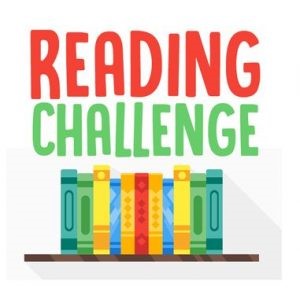English
'The more that you read, the more things you will know. The more that you learn, the more places you'll go.' Dr Seuss
In English pupils will have the opportunity to:
- Develop their skills as a writer through transcription (spelling and handwriting) and composition (articulating ideas and structuring them in speech and writing)
- Write clearly, accurately and coherently, adapting their language and style in and for a range of contexts, purposes and audiences
Pupils will be able to develop their skills as a writer by:
- Writing for a range of contexts including different purposes and audiences
- Practising writing throughout the school day and across all subjects
- Develop their understanding of different types of punctuation and the impact it has on the reader
- Expressing their own unique ideas through the texts they write
- Choosing the words they write carefully for effect
- Carefully organising their writing
- Learning how to spell key words correctly in their writing
- Practising their handwriting making sure that it is correctly formed to make sure others can read it
|
|
Grammar, Punctuation and Spelling
GPS should be taught at the start of most English lessons as an interactive and repetitive way of developing their skills. The skills being taught link to the genre of writing the children are focusing on at the time. The children will apply their knowledge of basic rules to a variety of question types and the repetition over the writing period should help their working memory improve; therefore, having a positive impact on the grammatical quality of each child’s writing.
Spelling Shed
This year, we have subscribed to the new Spelling Shed scheme to tach spelling across school from year two to year six. They focus on etymology, syllable counts, the segmentation of words, prefixes and suffixes and closely link to how phonics has been taught in key stage one. Children also have the opportunity to practise each week and this is encouraged at home. 10 spellings will be sent home weekly for children to learn for homework.
 |
At All Saints, we have a reading challenge for each year group, from Nursery all the way up to Year 6. The children will each receive a bookmark that contains a wide range of genres for both fiction and non-fiction. When children complete a genre, they will be entered into a prize draw for that term. If your child completes the entire bookmark, they will receive a prize.
|










